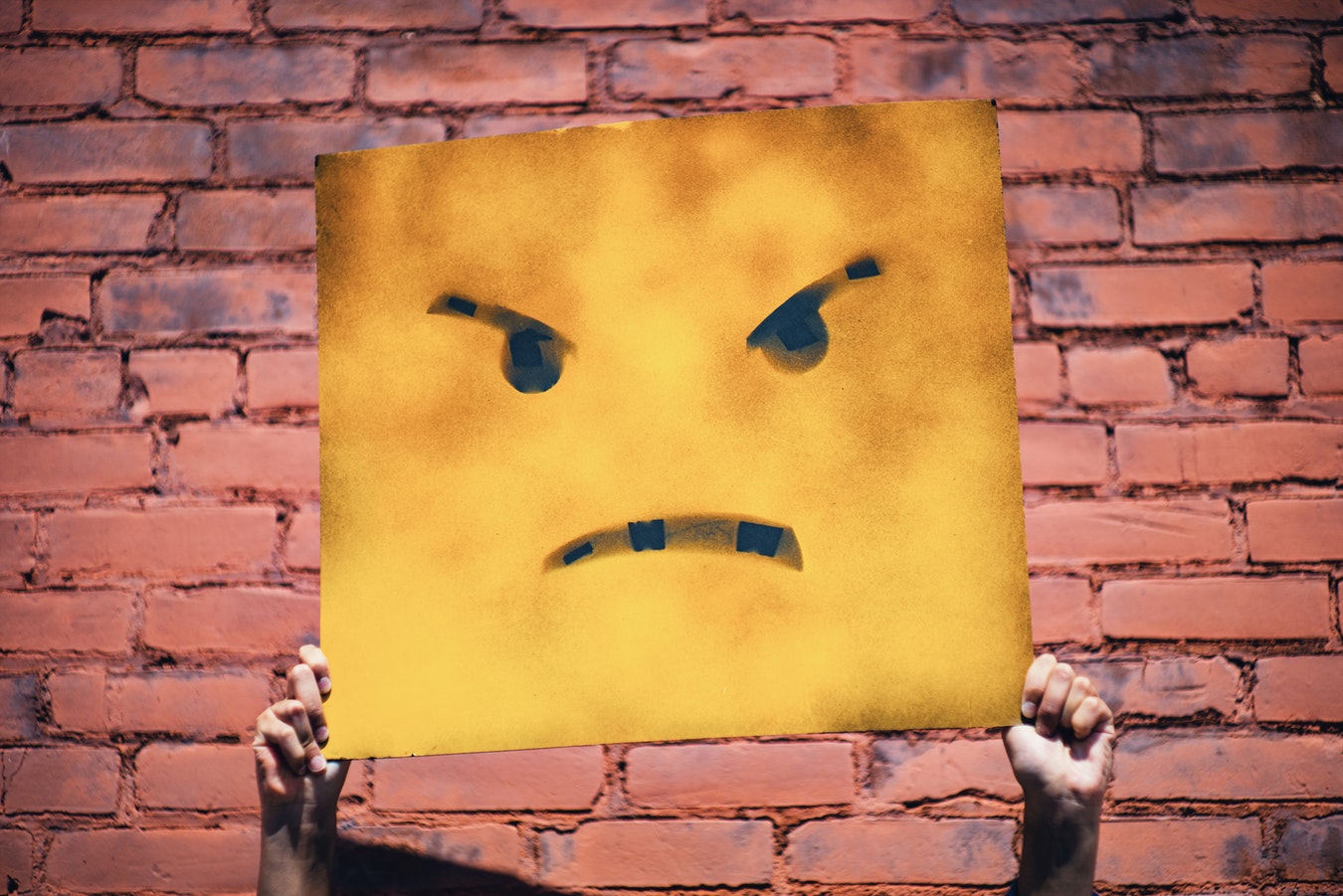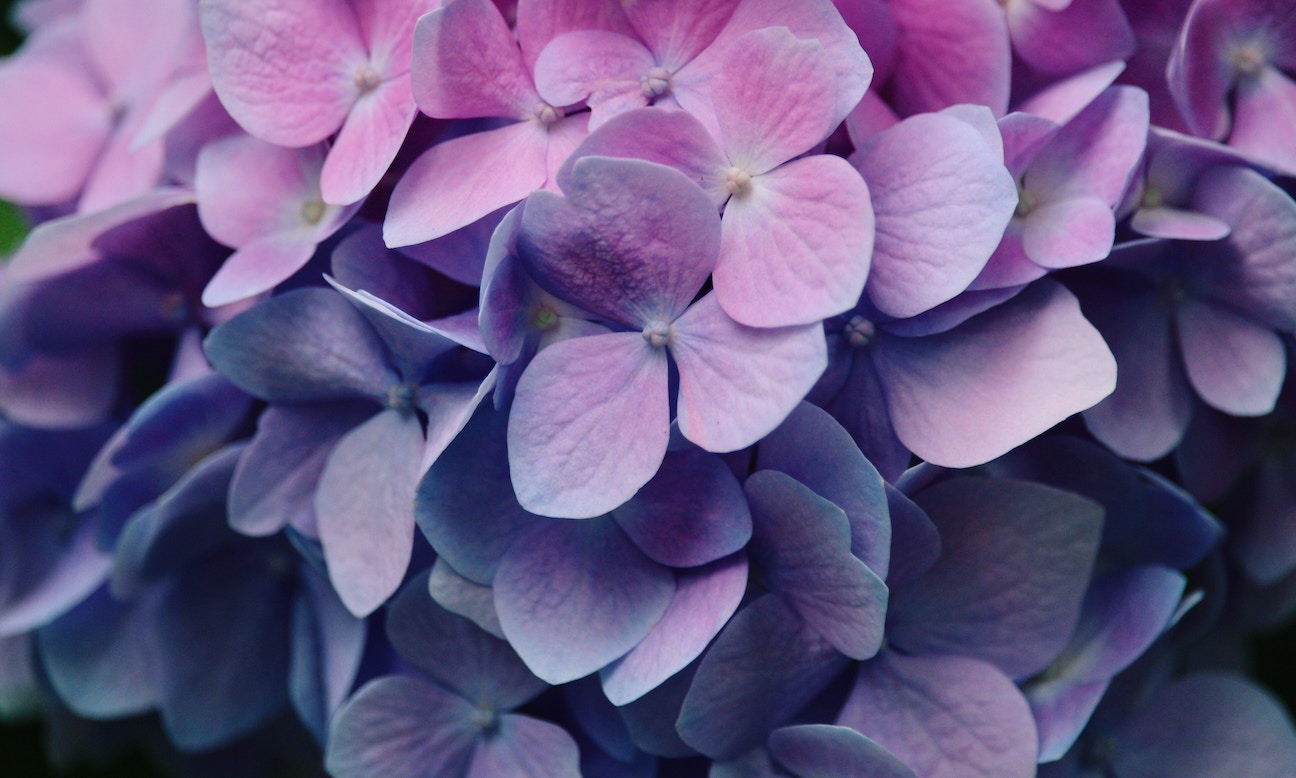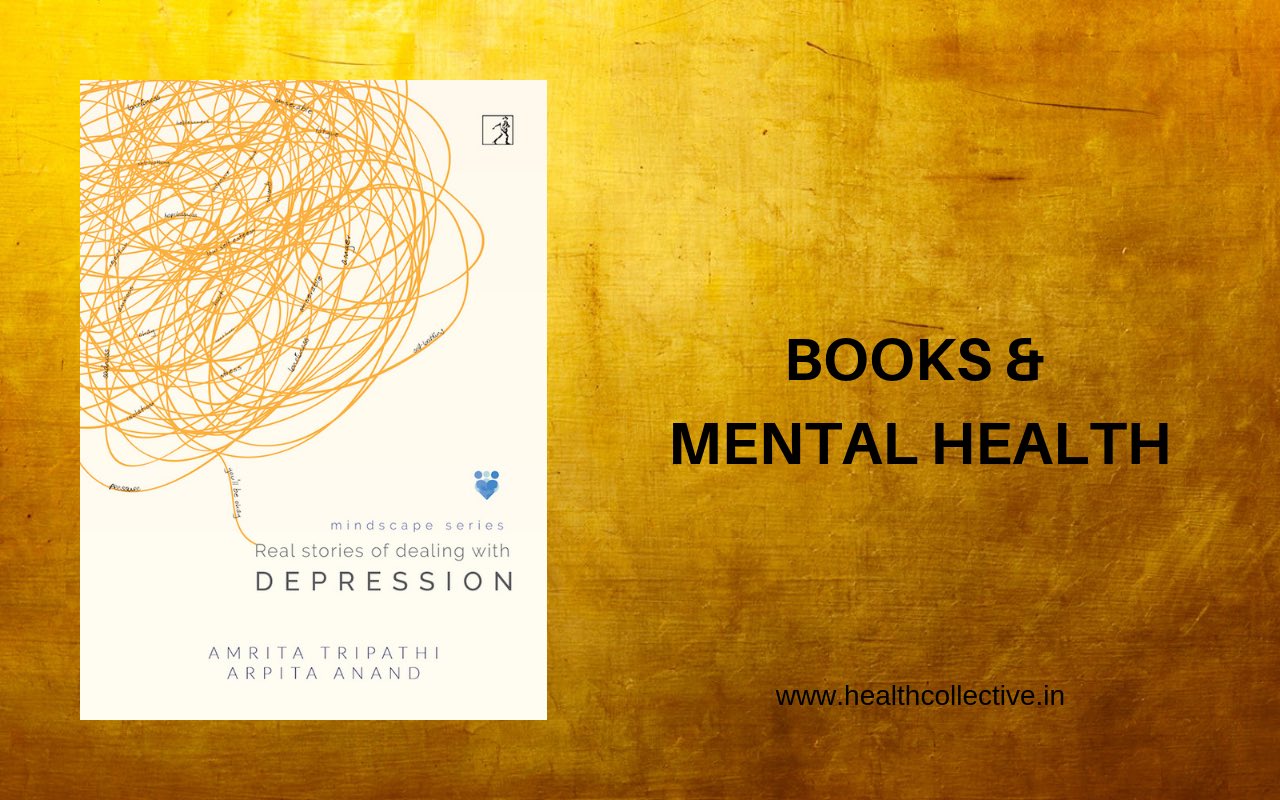Is India Ready to Tackle a Mental Health Crisis?
By Devanik Saha
India’s impending health crisis is not a secret at all. With several indicators –- maternal mortality, infant mortality, number of live births, etc — being worse than countries poorer than India, there is a definite need to revamp the health sector. But one can seek consolation in the fact that many of these issues are much debated and discussed in the public domain. However, mental health has not been so lucky. Traditionally underserved, mental health has largely been neglected owing to several reasons, with societal taboos around discussing it being a critical one.
Even globally, mental health has not been given its due. It was only in 2014 that the World Health Organisation (WHO) –- 66 years after its inception -– released the first ever report on suicide prevention. But the inclusion of mental health in the Sustainable Development Goals (SDG’s) 2015 was a major breakthrough.
Within the health goal bucket, two targets related to mental health and substance abuse have been included:
- By 2030, reduce by one third premature mortality from non-communicable diseases through prevention and treatment and promote mental health and well-being
- Strengthen the prevention and treatment of substance abuse, including narcotic drug abuse and harmful use of alcohol
As evident, the debate around mental health, although still grossly insufficient, is picking up pace. But in the Indian context, several questions remain around the exact severity of the problem and India’s readiness to tackle it.
India spends approximately 0.06% of its health budget on mental healthcare. Most developed nations spend above 4% of their budgets on mental-health research, infrastructure, frameworks and talent pool, according to this World Health Organization (WHO) report.
The report further reveals the massive shortage of mental health facilities in India. There are only 1.47 beds in mental hospitals and 0.004 mental hospitals per 100,000 population.

150 million Indians need help for their mental illnesses
In 2014, the government commissioned a study National Mental Health Survey to gauge the extent of the problem. The study, which spanned across 12 states, was conducted by the National Institute of Mental Health and Neuro Sciences (NIMHANS) in collaboration with other agencies. The findings were released in 2016.
Some of the major findings were:
10.6% of individuals over 18 years suffered from a mental illness – excluding tobacco related disorders. This percentage, when extrapolated nationally, reveals that 150 million Indians – almost equivalent to the population of Russia – need active help for their mental illnesses
People in urban metros are more affected than rural and non-urban metros. The prevalence of schizophrenia and other psychoses (0.64%), mood disorders (5.6%) and neurotic or stress related disorders (6.93%) was nearly 2-3 times more in urban metros
1 of every 20 Indians suffer from depression currently, while 1 in 40 have suffered depression once in their lifetime. Depression was reported to be higher in females, in the age-group of 40-49 years and among those residing in urban metros. The prevalence of depression among the elderly was 3.5%
Substance use disorders (SUDs), including alcohol use disorder, moderate to severe use of tobacco and use of other drugs (illicit and prescription drugs) was prevalent in 22.4 % of the population above 18 years in surveyed states. Prevalence of alcohol use disorders in males was 9%, compared to 0.5% in females
Gap in treatment and shortage of mental health professionals
The study revealed that a huge treatment gap still exists for all types of mental health problems: ranging from 28% to 83% for mental disorders and 86% for alcohol use disorders. Except for epilepsy all the other mental disorders reported a treatment gap of more than 60% with the highest treatment gap being for alcohol use disorders. Multiple factors ranging from lack of awareness, to affordability of care, which varied between rural and urban areas, appear to critically influence these wide treatment gaps.

There is an 87% shortage of mental health professionals in India, according to an analysis of government data by IndiaSpend, a data journalism portal. There are 3,800 psychiatrists, 898 clinical psychologists, 850 psychiatric social workers and 1,500 psychiatric nurses nationwide, according to a reply by the ministry of health and family welfare in the Lok Sabha in December 2015, as reported by IndiaSpend.
India is short of 66,200 psychiatrists — three psychiatrists per million people, 18 times fewer than the commonwealth norm of 5.6 psychiatrists per 100,000 people. Similarly, based on the global average of 21.7 psychiatric nurses per 100,000 people, India needs 269,750 nurses.
As many as 15 centres of excellence in mental health and 35 post-graduate training departments in mental health specialties have been funded to address the shortage of mental health professionals nationwide.





Pingback: Preventive Mental Health
Pingback: Reporter’s Diary: Mental Health Challenges for Gender and Sexual Minorities
Pingback: Mental Health in India: Which Treatment Model Works Best?
Pingback: The Law and You: Mental Healthcare Insurance in India
Pingback: Mental Health in the News: Toxic Air and Mental Health
Pingback: Suicide Prevention: Is India’s Data Enough to Tackle the Complex Issue?
Pingback: Reporter’s Diary: Male Suicides in India